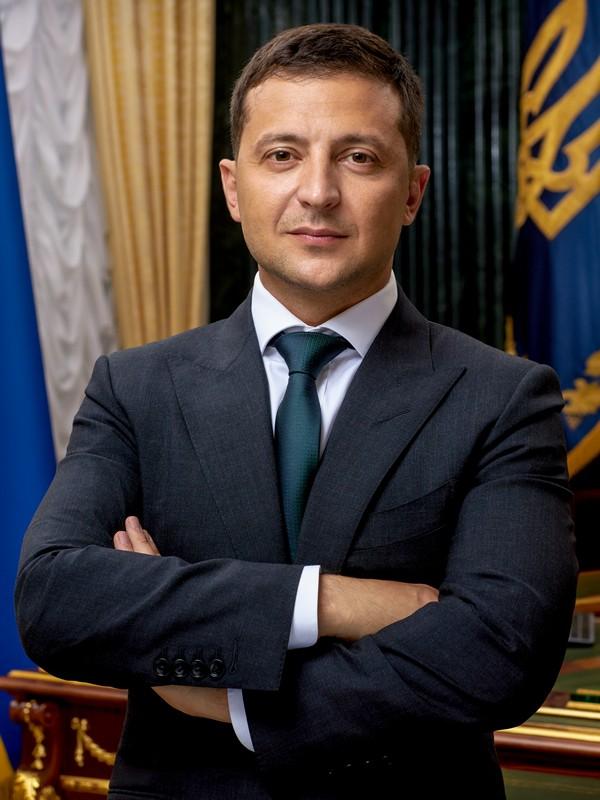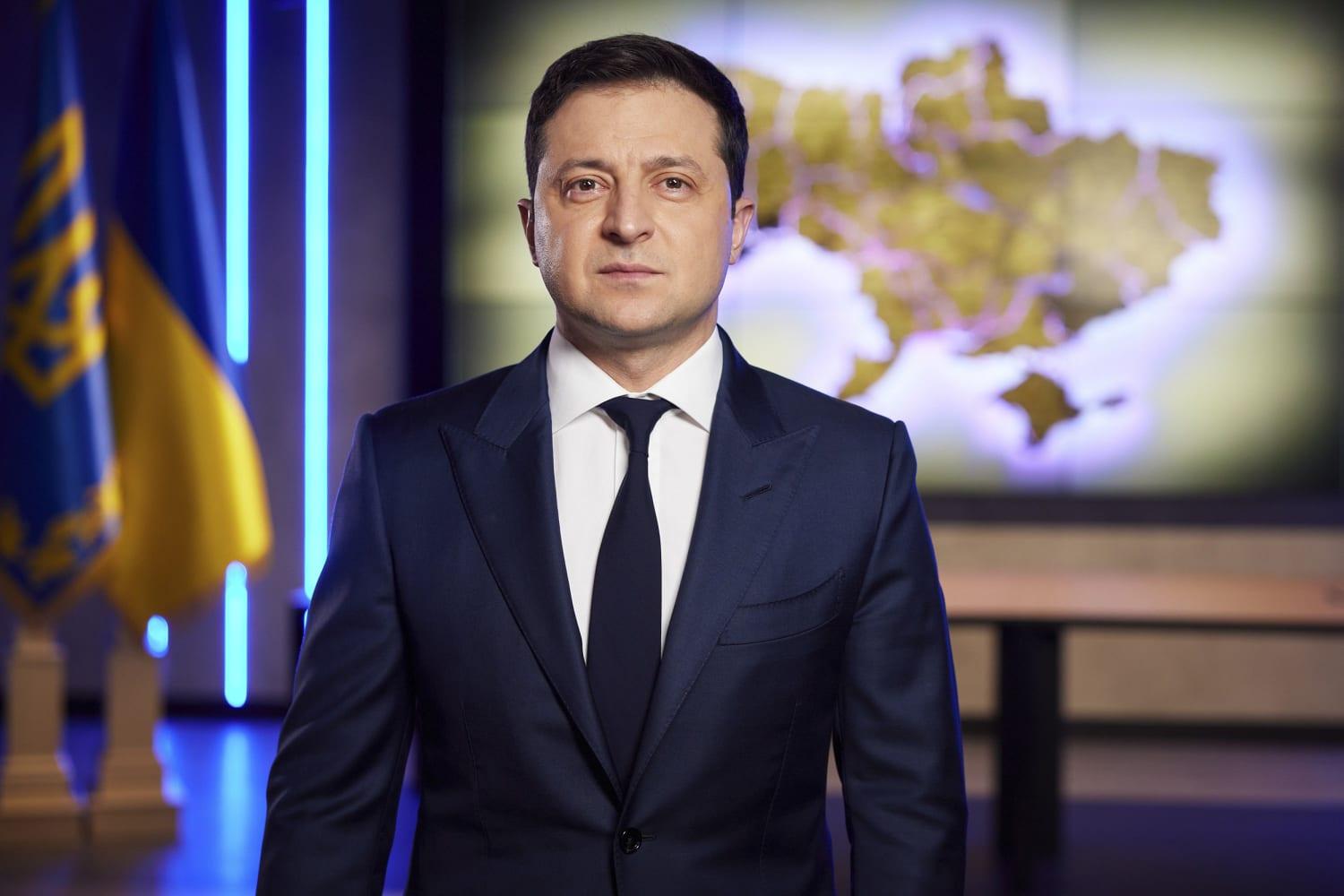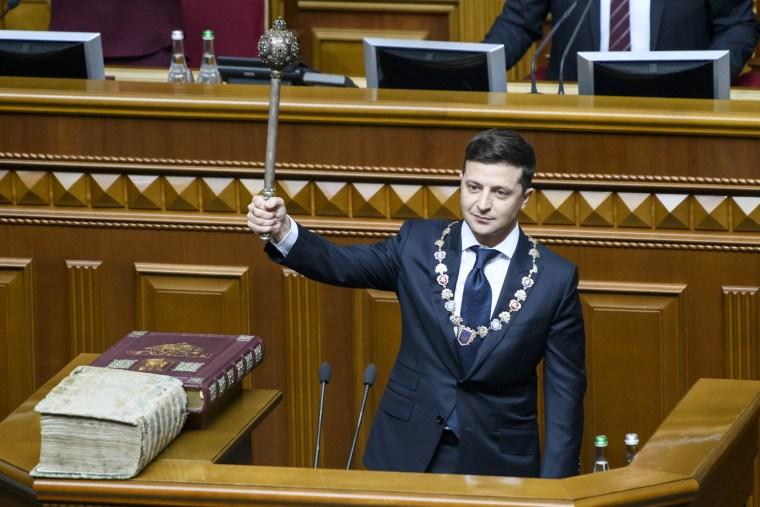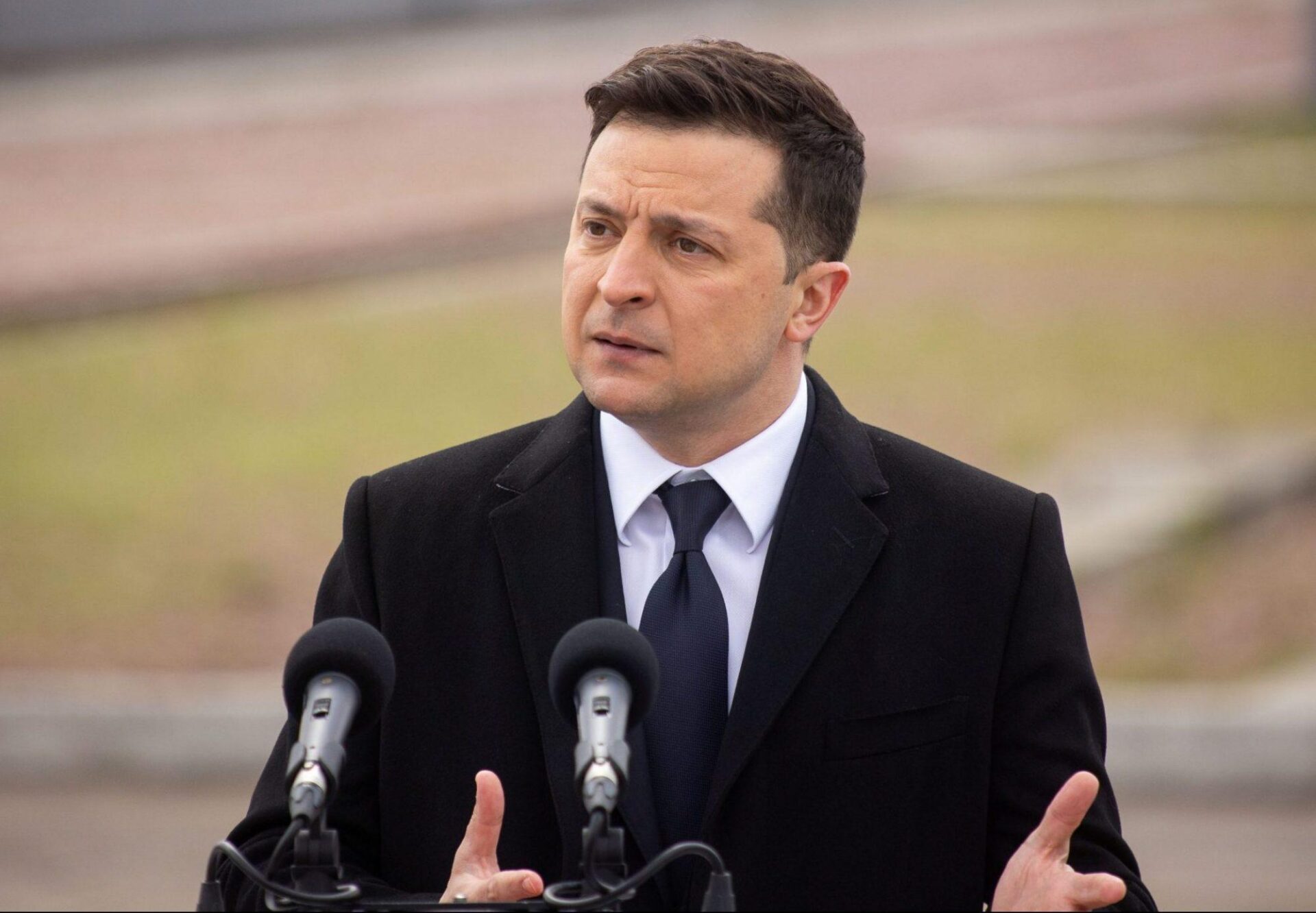Zelenskyy Raises Alarm on Oil Price Increases Impacting Russia’s Military Funding
Ukrainian President volodymyr Zelenskyy has issued a stark warning regarding the recent surge in global oil prices, cautioning that it could provide an unexpected lifeline too Russia’s military endeavors amid ongoing conflict. The increase in oil revenue directly correlates wiht Moscow’s capacity to finance its military operations, possibly prolonging the war and exacerbating the humanitarian crisis in Ukraine. As international sanctions attempt to stifle Russia’s economy, shifts in oil markets could undermine these efforts, transforming economic pressure into financial support for military aggression.
the implications of soaring oil prices extend beyond regional tensions, influencing global dynamics as well. Zelenskyy highlighted several critical factors regarding this concern:
- Revenue Generation: Higher oil prices enhance Russia’s budget, thus enabling greater military expenditure.
- Geopolitical Leverage: Increased revenue might embolden Russia to pursue more aggressive strategies in the region.
- Impact on Allies: Rising costs could complicate support for Ukraine from allied nations,as they balance domestic pressures against foreign aid commitments.

The geopolitical Ramifications of High Oil Prices in the Ukraine Conflict
The surge in oil prices has become a critical factor in the ongoing conflict in ukraine, with President Volodymyr Zelenskyy warning that this rising cost could inadvertently strengthen Russia’s military capabilities.as energy resources continue to fluctuate, the Kremlin may find renewed financial backing for its operations, undermining international support for Ukraine. High oil revenues provide Russia not only with the means to sustain its armed forces but also to exert influence over global energy markets, complicating the situation further.
Moreover, several countries are grappling with the fallout of these elevated oil prices, leading to a divided response towards Russia’s aggression. Key ramifications include:
- Increased Economic Strain: Nations heavily reliant on energy imports face rising inflation and public discontent, potentially eroding their support for Ukraine.
- Realignment of Alliances: Countries that depend on Russian oil may begin to reconsider their stance, balancing economic interests against geopolitical principles.
- Pressure on Sanctions: persistently high oil prices may lead to calls for the reevaluation of sanctions, as some nations prioritize short-term economic stability over long-term solidarity with Ukraine.

Strategies for International Governments to Mitigate Energy-Driven War Financing
The recent warning from Ukrainian President volodymyr Zelenskyy about the potential implications of rising oil prices on Russia’s military financing underscores an urgent need for proactive international measures.As global energy markets fluctuate, it is indeed essential for governments to implement comprehensive strategies to disrupt the flow of resources that fund aggression. Economic sanctions must be more targeted, focusing not only on state-owned enterprises but also on the private sector entities that facilitate these transactions. Additionally, fostering diversification of energy sources can reduce dependency on fossil fuels, notably from states that exhibit hostile behavior. By investing in renewable energy technologies, nations can bolster their resilience against energy market manipulation while simultaneously supporting broader climate objectives.
Collaborative efforts towards transparency in energy transactions play a pivotal role in countering fund flows to military endeavors. Establishing international protocols for tracking oil exports and imports can curb illicit trading that propels conflict-driven economies. Furthermore, governments should engage in multilateral dialogues to create a unified front against states leveraging natural resources for warfare. Initiatives such as the Global Energy Transition Coalition could unite various countries in the pursuit of sustainable practices while simultaneously applying diplomatic pressure on nations that exploit their energy assets for aggression.By taking these strategic approaches, the international community can considerably hinder efforts to finance war and foster a more stable geopolitical landscape.
Exploring Sustainable Alternatives to Reduce Dependency on Russian Oil Supplies
as global tensions rise, the urgency for countries to find alternatives to Russian oil supplies has never been more apparent. This initiative not only involves transitioning to renewable energy sources but also demands a comprehensive strategy to curb dependency on fossil fuels altogether. Key actions include:
- Investment in renewables: Fostering the development of solar, wind, and hydroelectric power can significantly diminish reliance on imported oil.
- Enhanced Energy Efficiency: implementing energy-saving technologies across industries can lower consumption and stabilize demand.
- Diversified energy Sources: Expanding the energy mix to include biofuels, nuclear power, and other alternatives can provide nations with a buffer against supply shocks.
In addition to seeking alternative energy solutions, governments must also engage in diplomatic efforts to build coalitions aimed at energy independence. This could be accomplished through:
- International Partnerships: Collaborating with countries rich in renewable resources to tap into their energy supplies sustainably.
- Supporting Local Industries: Encouraging the development of domestic energy sources can enhance self-reliance and reduce vulnerability to geopolitical conflicts.
- Incentives for Innovation: Providing financial incentives for research and development in sustainable technologies can lead to breakthroughs that further diminish reliance on oil.
